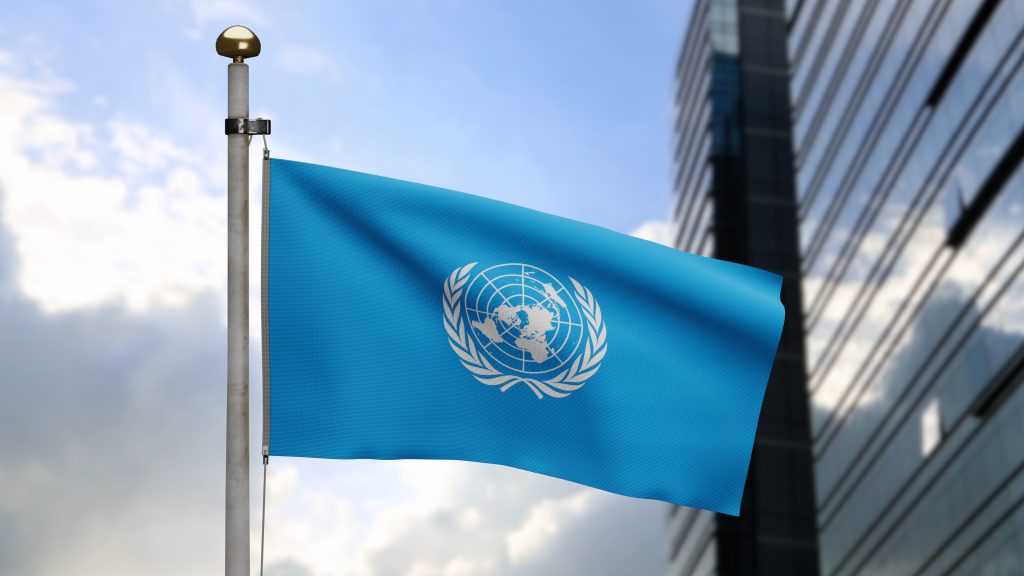UN OEWG Chair publishes discussion paper on norms implementation checklist
The checklist comprises voluntary, practical, and actionable measures collected from different relevant sources.

The Chair of the Open-Ended Working Group on the security of and in the use of information and communications technologies (OEWG) published a discussion paper on a Checklist of Practical Actions
for the implementation of voluntary, non-binding norms of responsible State behaviour in the use of ICTs (initial draft).
The document outlines a checklist comprising voluntary, practical measures for implementing responsible state behaviour using Information and Communication Technologies (ICTs). It suggests that states may use this checklist to support their implementation efforts, prioritise capacity building, and exchange best practices in ICT security. Primarily, the checklist serves as a starting point for states, providing actionable steps to bolster their implementation endeavours.
At the national level, implementation efforts include but are not limited to establishing robust national coordination structures like Computer Emergency Response Teams (CERTs) or Computer Security Incident Response Teams (CSIRTs). Moreover, developing comprehensive national ICT laws, policies, and strategies is imperative.
Internationally, states are encouraged to actively participate in regional and global ICT processes, fostering the exchange of information and best practices. Furthermore, offering and seeking assistance where necessary strengthens collaborative efforts in upholding responsible state behaviour in ICT usage.
Capacity-building emerges as a central pillar in enabling states to undertake these practical actions effectively. Thus, investing in capacity-building initiatives is imperative for achieving widespread adherence to responsible ICT norms globally.
The Chair highlights that the checklist is not exhaustive and that its use remains entirely voluntary. In embracing and using this checklist, states reaffirm their commitment to previous agreements, establishing a robust and evolving framework for responsible state behaviour in ICT usage. The international community can foster a secure and responsible digital environment through collective action and commitment.
